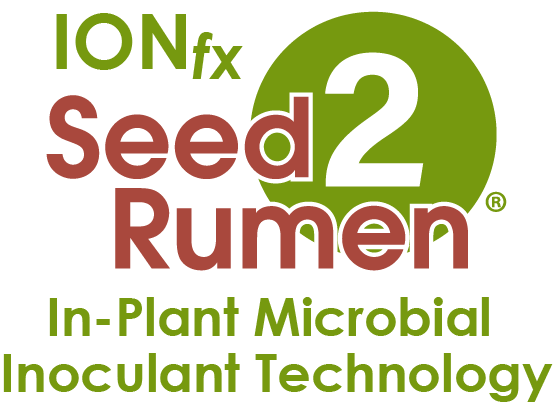In-Plant Inoculants
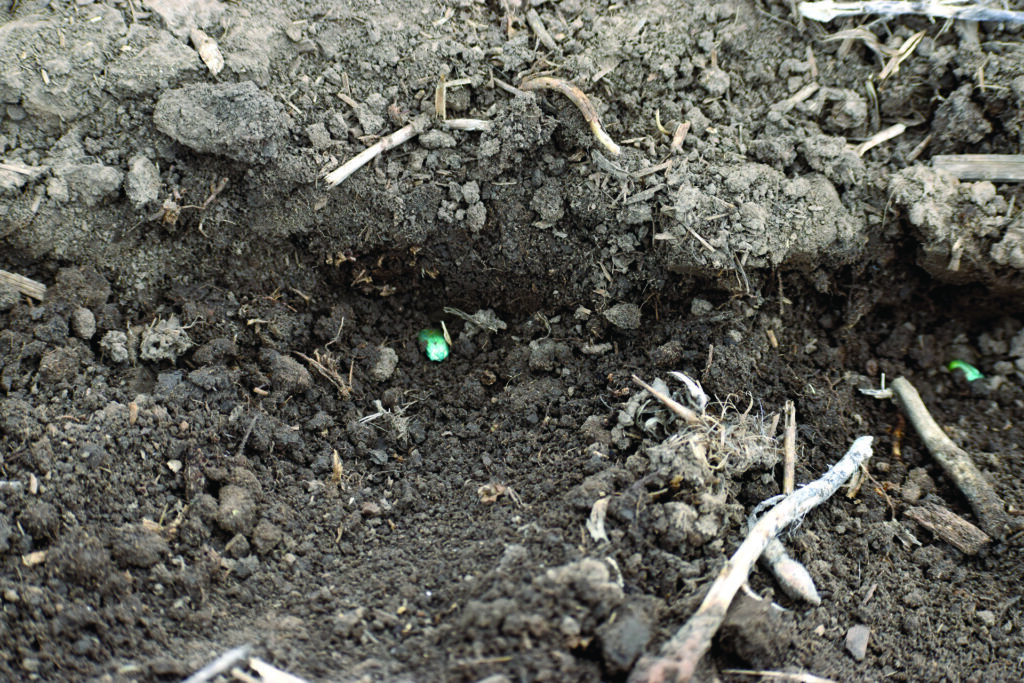
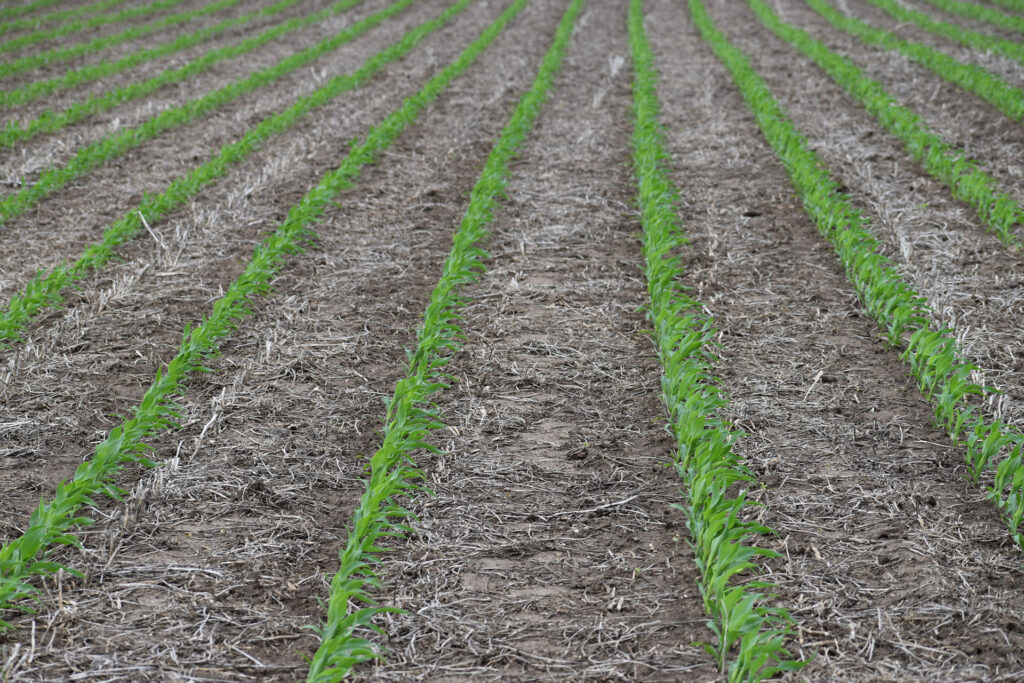
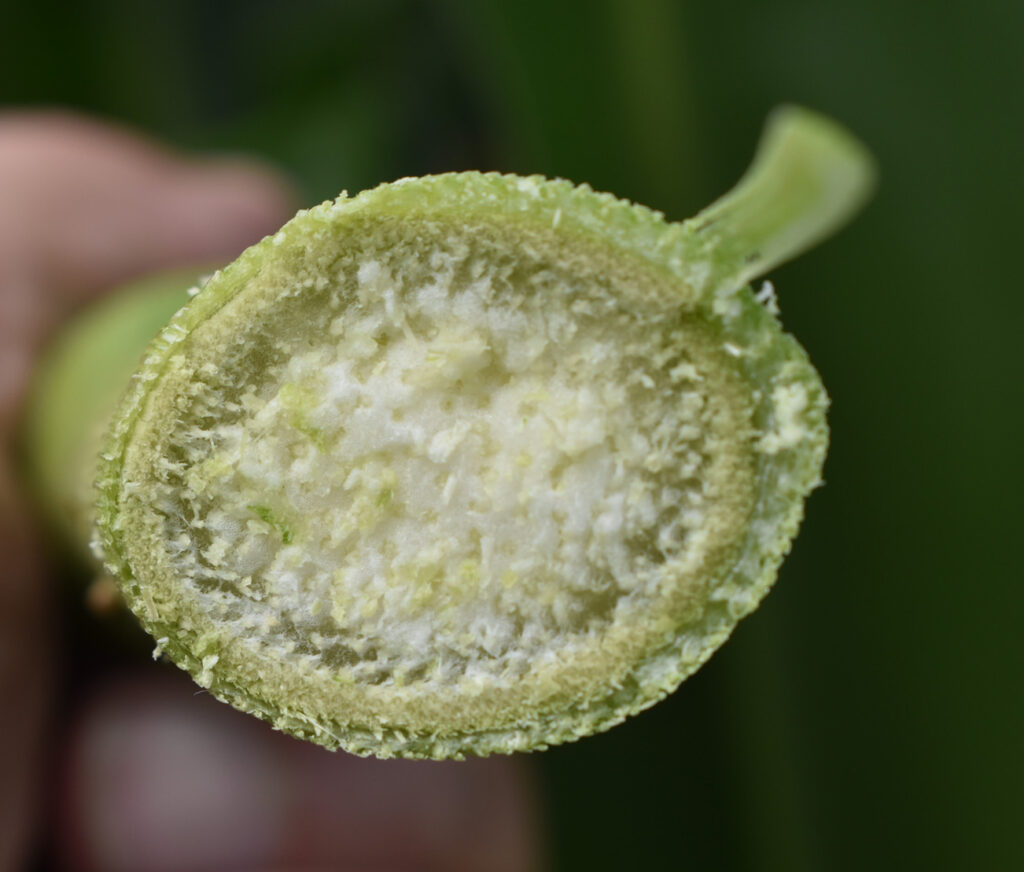
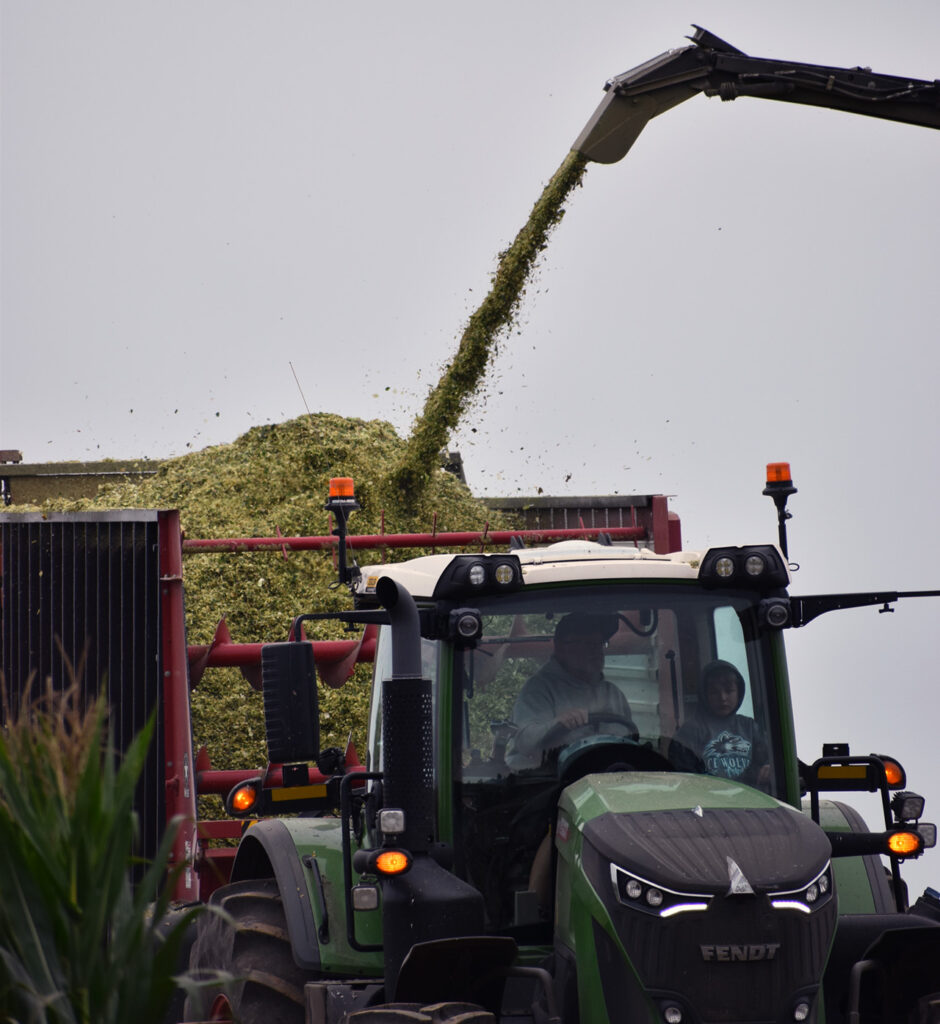
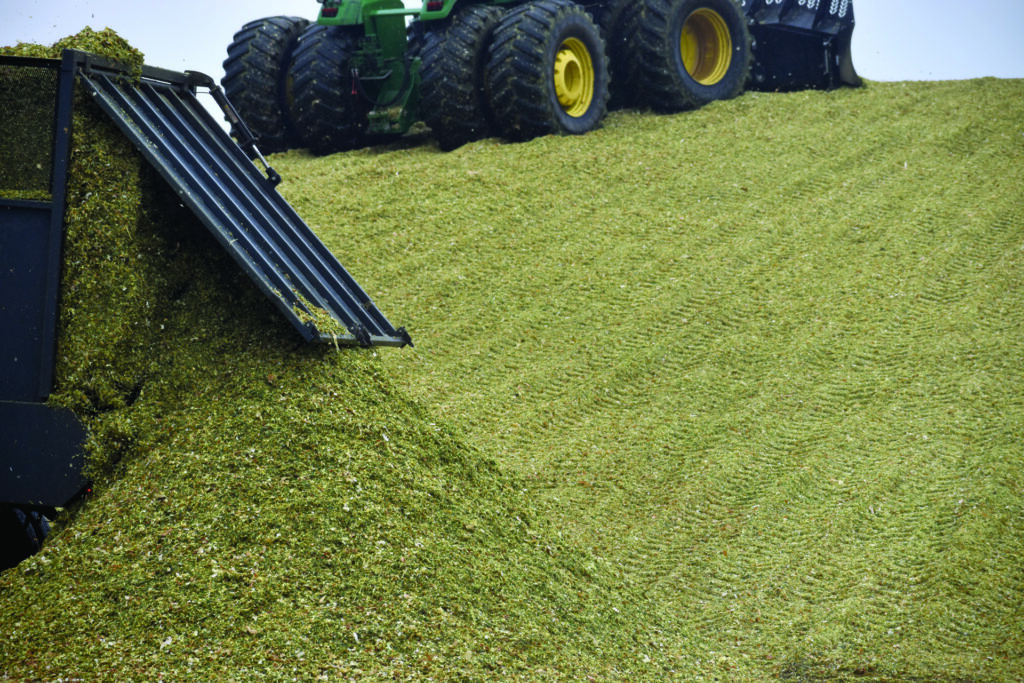
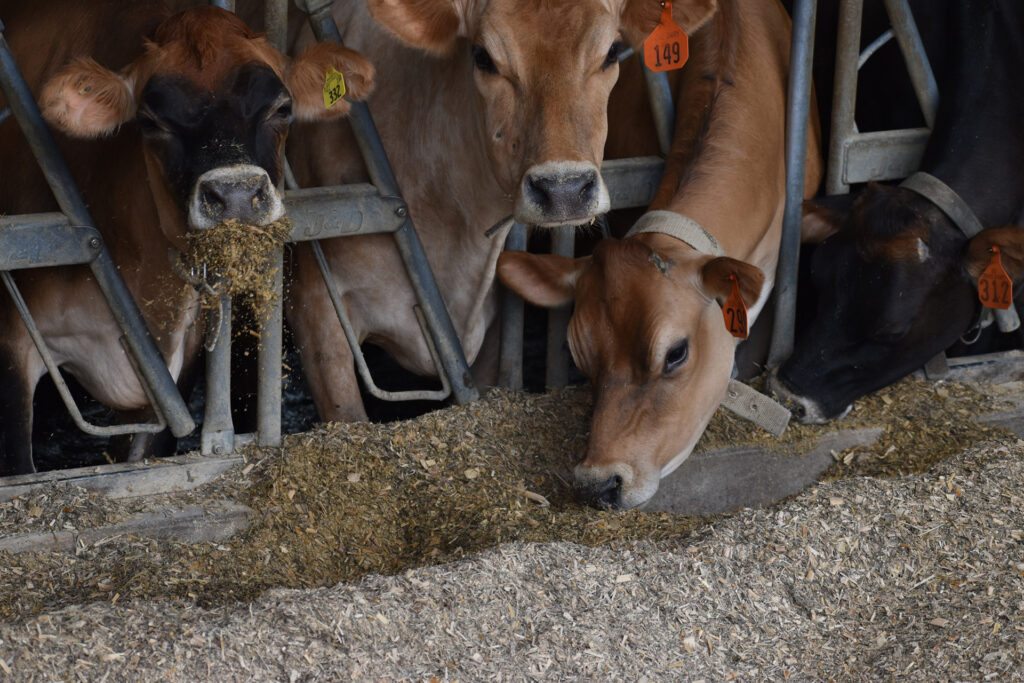
Research and Development
How In-Plant Microbial Inoculant Technology Works in the Plant
IONfx Seed2Rumen is a seed-applied in-plant biostimulant for corn and forage sorghum grown for silage.
IONfx Seed2Rumen is comprised of proprietary, patent-pending strains of Pseudomanas flourescense and undisclosed strains of Seed2Rumen microbes. All strains are non-GMO and were selected from the natural environment and screened for their abilities to recycle cell waste, promote water use efficiency and reduce the effects of abiotic and biotic stressors on plant growth at the cellular level from germination through harvest.
In the plant, the endophytic bacteria live in the inter-cellular spaces and the cell walls of the roots, stalks and leaves where metabolism and cell division are regulated. The bacteria and host cells have a symbiotic relationship to promote plant health, photosynthesis, carbohydrate production, respiration, and performance efficiencies.
Laboratory results confirm that IONfx Seed2Rumen treated plants create an environment in the cell favoring photosynthesis and a pH supporting the specialized bacteria responsible for improved fiber digestibility of the forage.Growing season benefits include:
Meeting Grower Expectations!
10,000 Acre Corn Silage Trial
During crop year 2022, eight farms along the I-29 corridor applied IONfx™ Seed2Rumen™ to 10,000 acres of corn silage to feed approximately 15,000 cows and young stock during feeding year 2023.
Final combined results are being collected, but all field, ensiling, animal performance and herd health reports have been positive. This study has shown an increase in milk produced per ton of dry matter, as well as reduced GHG emissions as enteric methane and in the manure. The group of eight expanded their treated acres for the 2023 crop year with expansion for the 2024 growing season expected.
Agrovive Biologicals has also been consulting with a network of like-minded companies behind the scenes to develop a proprietary greenhouse gas impact assay to bring profitability to the sustainability value chain.
Ration component impacts have been studied in the in-vitro environment by Fermentrics Laboratories in Ottawa, Canada, for the last three years to determine why plants that exhibit an improved fiber digestibility profile impact greenhouse gas production and show an increase in projected milk or beef production. This foundational data is being used to create a commercial laboratory feed test that can be used to show the reduction in greenhouse gas anticipated from a dairy or beef animal. The next step is to create an assay that can be used for a TMR greenhouse gas estimate that can be used to create a Carbon Intensity Score method for on-farm use and value generation.
